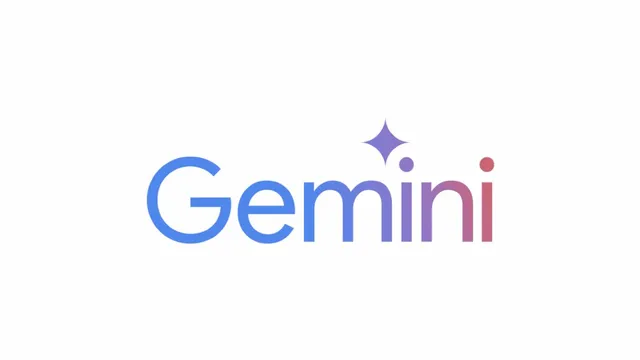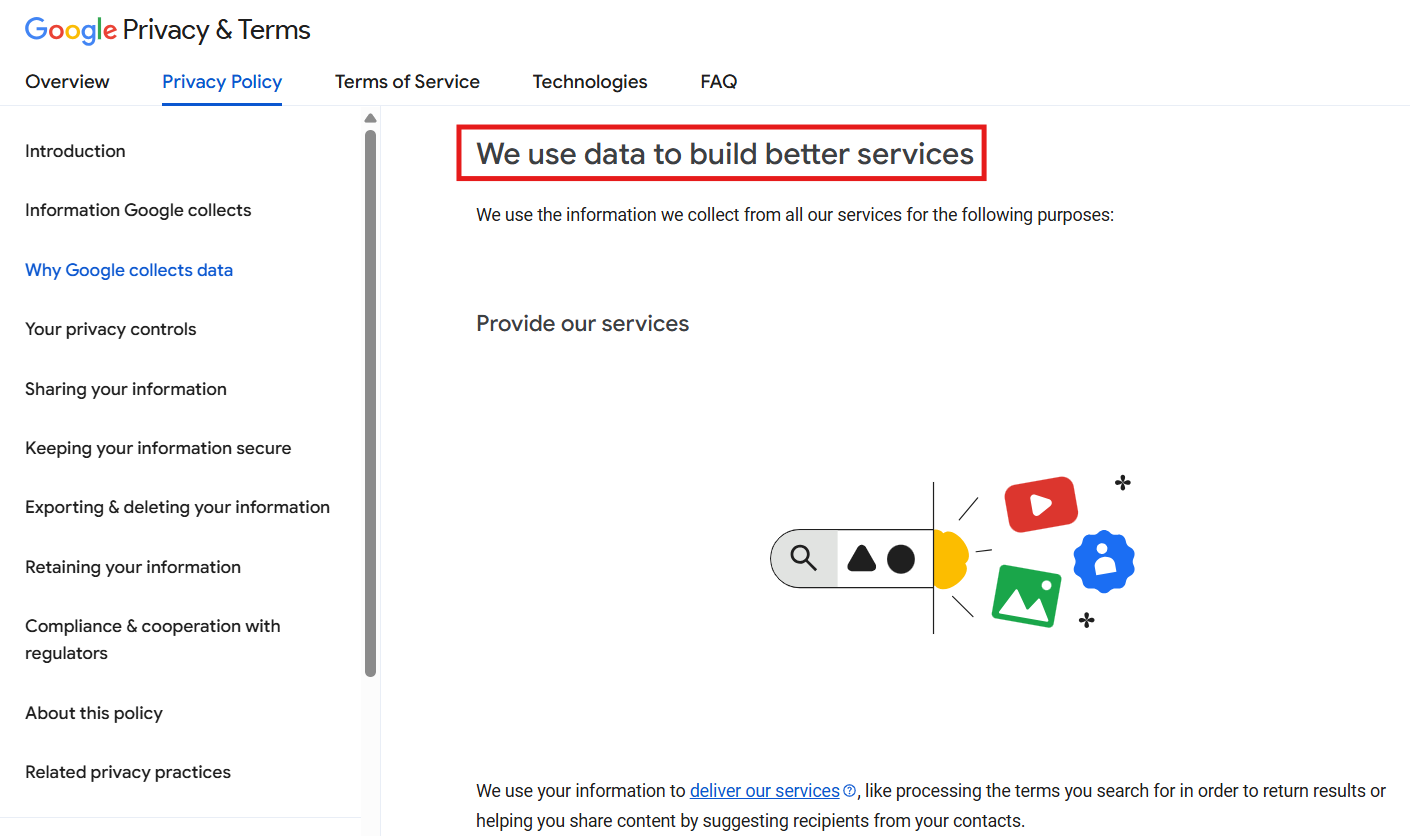- By Alex David
- Mon, 15 Sep 2025 06:24 PM (IST)
- Source:JND
Google’s Gemini Nano AI tool — nicknamed “Nano Banana” — has gone viral just weeks after launch, spawning one of 2025’s strangest and most eye-catching internet crazes. From 3D figurine avatars with glossy, toy-like aesthetics to the “Banana AI Saree” trend on Instagram that reimagines selfies in retro Bollywood glamour, the tool is being used by millions of users worldwide.
But while the results are dazzling, experts and authorities are sounding alarms about privacy risks, deepfake misuse, and scams linked to the viral trend.
What is the Nano Banana AI Trend?
3D Figurines: The original craze involves uploading a selfie into Google Gemini Nano, which then outputs hyper-stylised figurine portraits with smooth plastic-like skin and big expressive eyes.
Banana AI Saree: This trending Instagram Reels feature is quickly sweeping Instagram's user photos into 1990s Bollywood-style portraits with chiffon sarees, cinematic lighting effects, vintage film grain texture and stunning backdrops.
These filters have produced an influx of content combining nostalgia with hyperreal AI art, fueling meme pages and influencer feeds alike.
ALSO READ: Hike Shuts Down After India’s Real-Money Gaming Ban: What's Next?
Is Nano Banana Safe to Use?
Google says all images generated with Gemini Nano are watermarked using SynthID, an invisible digital signature embedded directly into the pixels, along with metadata tags.
Transparency: The watermark is designed to help platforms and users identify AI-generated images.
Limitation: Detection tools for SynthID are not yet publicly available, and experts warn watermarks can be faked, stripped, or ignored.
Ben Colman, CEO of Reality Defender, told Wired:
“Watermarking sounds noble, but in practice it can be easily faked or removed.”
Similarly, UC Berkeley professor Hany Farid added that watermarking is “not a standalone safeguard.”
Warnings From Indian Authorities
In India, the Nano Banana trend has drawn the attention of law enforcement.
Indian Police Service officer VC Sajjanar issued a public advisory on X:
- Urged users to avoid unofficial or fake websites mimicking Gemini’s platform.
- Warned that uploading photos or personal data to shady apps could lead to bank fraud and scams.
- Emphasis on: “Your data, your money — your responsibility.”
This highlights a common pattern with viral AI apps: opportunistic phishing clones pop up, preying on unsuspecting users rushing to try the trend.
User Reports and Google’s Privacy Policy
One user reported that she uploaded her full sleeve photo to Gemini and asked it to generate a Saree AI trendy image, and she got the image where her hand had a mole around her shoulder. And the shocking thing was that she actually had a mole on her hand. However, the mole in the image is put on the left shoulder by Gemini, whereas in real life the mole is on the right shoulder. This report is one scenario that I found on the internet. However, in any case if this is true then everyone needs to be safe and know what they are heading into.
Also on the other hand Google’s Gemini privacy policy says that data like “What you share with Gemini Apps like files, videos, screens you ask about, photos, and page content you share from your browser” and generated answers like “text, code, audio, images, video, public links, citations, chat summaries and personalised insights” are collected and used to train for making Google services better.
Note: It’s not 100% safe or unsafe, but it's something that every user should know before uploading their photos to any AI app.
How to Safely Use Gemini Nano Banana AI
Experts recommend users balance fun with caution when experimenting with these AI tools:
Avoid sensitive photos — don’t upload IDs, documents, or intimate images.
Strip metadata — remove location tags before uploading.
Use official channels only — download Gemini Nano via Google’s official AI Studio or app integrations, not random links.
Limit sharing — control who sees the generated images on social media.
Stay updated — platforms may issue new privacy or watermarking features.
Bigger Picture: AI, Culture, and Risk
The Nano Banana saree trend illustrates how quickly AI culture spreads: a model trained for creative generation evolves into a global meme in weeks. But it also underscores the privacy paradox of modern AI — the same tools that empower artistic self-expression can expose users to exploitation.
For now, Gemini Nano Banana may be the internet’s fun new toy, but the risks lurking beneath mean users must tread carefully.



![Credits: Google [Screenshot by Alex]]](https://imgeng.jagran.com/images/2025/09/16/article/image/asset/Gemini_Privacy-Policy_Gemini-1758011016138.png)